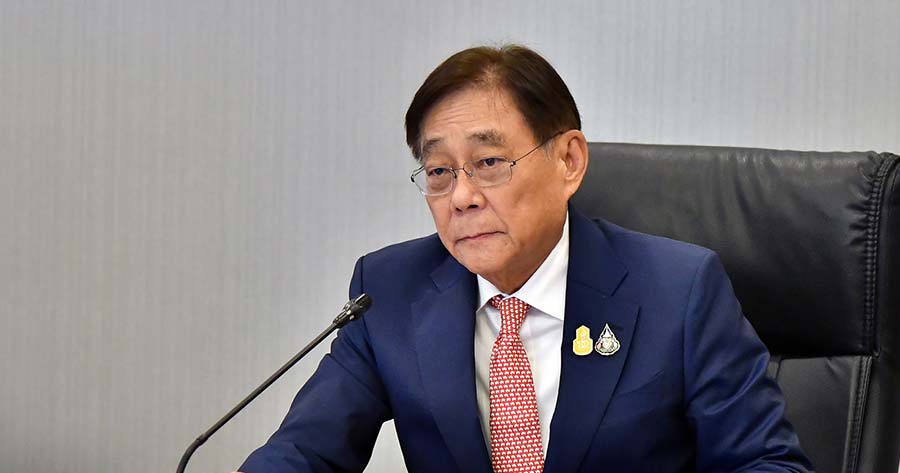Thailand’s future economic forecast seems brighter following an in-depth dialog with finance minister Mr. Pichai Chunhavajira at a Thailand Outlook meeting held by Maybank Securities Thailand. The dynamic conversation covered subjects ranging from financial relief measures for low-income citizens to prospective tax adjustments, all designed to spur national growth.
Minister Pichai expressed awareness that some policies may provide only short-term relief, such as the implementation of a digital wallet and debt restructuring to combat the slump in the economy. However, he was quick to counterbalance this by highlighting the ministry’s commitment to maintain fiscal discipline, projecting a drop in budget deficit to under 4% of GDP for the FY25E budget. This would in turn help keep the government’s debt to GDP ratio under 70%, up from its current 65%.
Crucially, the minister plans for the investment budget to out-value the deficit level, indicating a need to fund existing expenses via government receipts. Projecting into the future, Minister Pichai proposed a necessity for tax reforms to help close the fiscal gap, possibly reducing personal and corporate income taxes, while raising VAT. Any surplus government receipts would be redirected to social programs for the low-income populace.
The finance minister also highlighted the necessity of amplifying investment on both a domestic and international scale, given the country’s surplus liquidity. The minister anticipates a rise in foreign private investment following a surge in the Board of Investment’s (BOI) approval numbers.
Pichai is also working on reforms to boost human capital development and R&D, funded partially by receipts from the 15% Global Minimum Tax (GMT). As part of this effort, he is visiting China to cultivate interest in investing in Thailand, targeting the topmost battery manufacturer.
Further topics touched on by Minister Pichai included the practicability of an infra fund to sustain the THB20/ride mass transit policy, suggesting an approximate 7% yield. Despite initial losses in the first seven to eight years, the minister believes profits will be realized thereafter owing to fare escalation and increased riderships.
Additionally, Pichai also underscored the importance of addressing the Thailand-Cambodia Overlapping Claims Area (OCA) due to its potential in supplying affordable gas and stabilizing electricity rates, leveraging his oil & gas sector experience. He believes gas prices at USD4.5/mmbtu is achievable, compared to the current price of over USD5.5/mmbtu average from the Gulf of Thailand.





